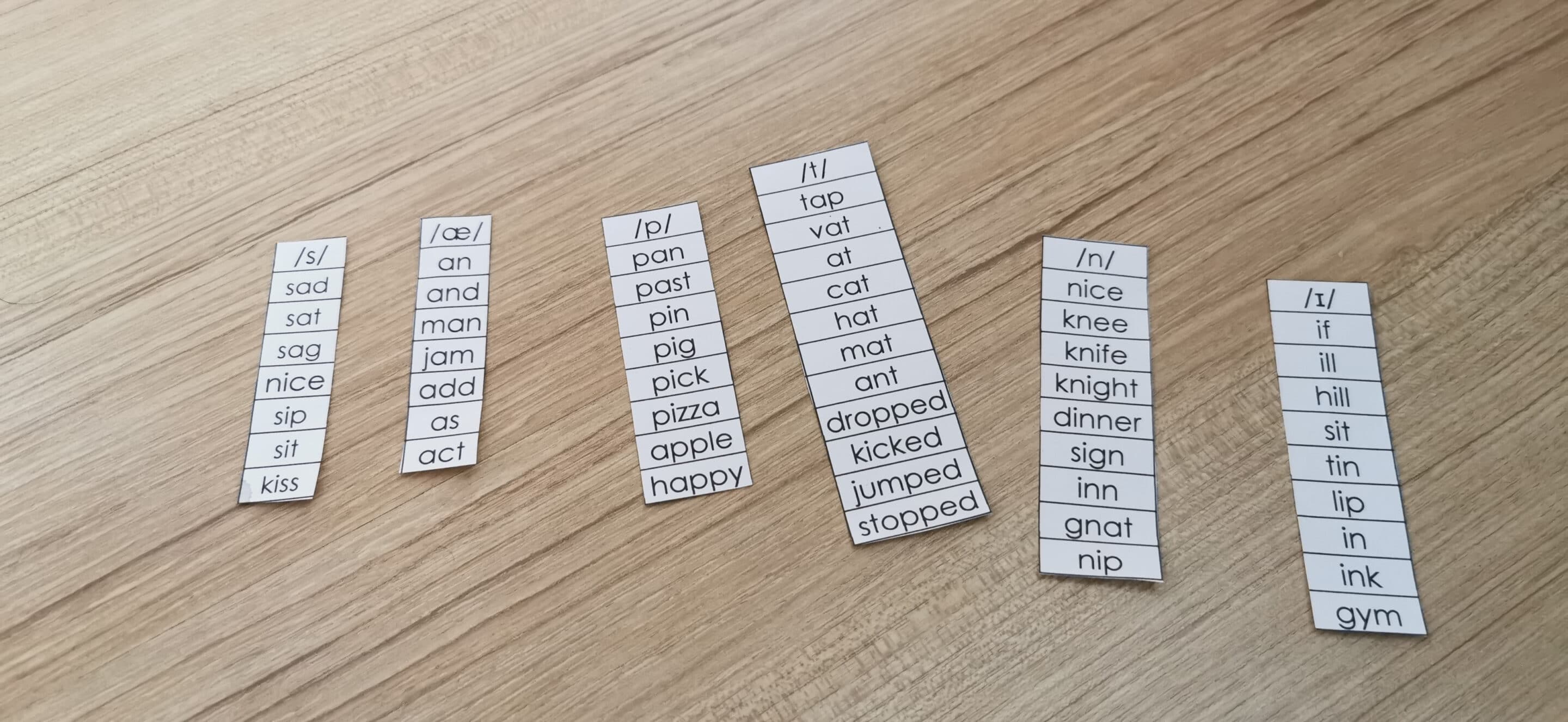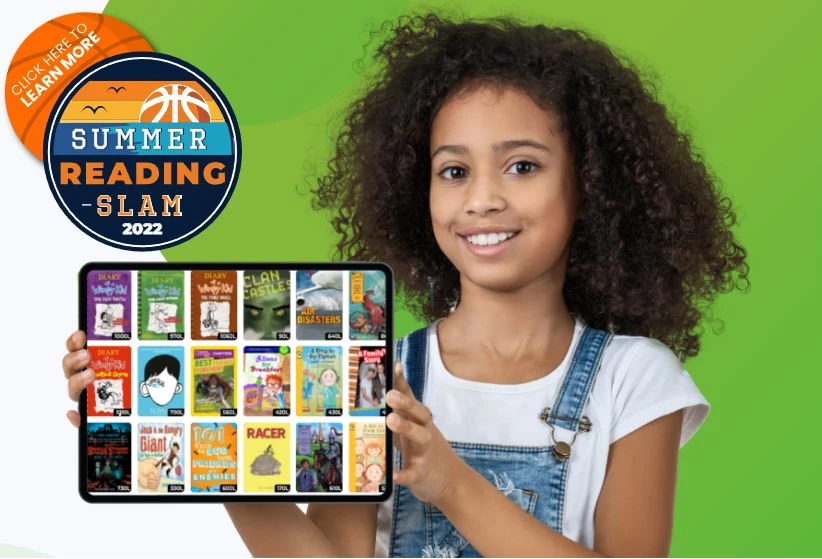
A student that is well educated in sight words will have a much easier time not only reading any type of text, but also with spelling the sometimes tricky words. After all, many of the sight words can’t be deciphered using phonics skills.
One of the toughest words for a child learning to read through decoding skills is the word “the”. It is a simple three-letter word. But you can’t break it apart through phonics. Students just have to learn to know it by sight. Same with the words are, they, said, again, and numerous more simply because the early phonics lessons don’t really pertain to these types of words.
3rd Grade Sight Words
For students in 3rd grade, it would be wise to have a number of lessons dealing with sight words. Again, not just reading them, but spelling the words as well.
In the past, the Dolch list was the primary sight words list that teachers had their students learning. But for the last several decades, there is a more up-to-date list for educators and children.
Fry’s Instant Sight Words is a list of words created by Dr. Edward Fry in an effort to help students learn the most commonly used words in text. For instance, his research revealed that the first 25 words on this list make up one-third of all written material regardless if it is in textbooks, newspapers, novels, or comic books.
The first 100 words on the Fry List make up half of all written material regardless of the age level of the text. Furthermore, the first 300 words make up 65 percent of all written material.
As you can see, knowing the words on Fry’s Instant Sight Words list could be a game-changer for students that are struggling with their literacy skills. And there are plenty of ways on how to teach sight words. You are only limited by your creativity!
With that in mind, start with the first 300 words and once they are mastered, started adding another ten words a week. There are 1,000 total words on Fry’s Instant Sight Words list, so an educator can compose quite a number of lessons around this material.
The First Hundred Words (Words 1-100)
| List 1 | List 2 | List 3 | List 4 |
| the | or | will | number |
| of | one | up | no |
| and | had | other | way |
| a | by | about | could |
| to | words | out | people |
| in | but | many | my |
| is | not | then | than |
| you | what | them | first |
| that | all | these | water |
| it | were | so | been |
| he | we | some | called |
| was | when | her | who |
| for | your | would | am |
| on | can | make | its |
| are | said | like | now |
| as | there | him | find |
| with | use | into | long |
| his | an | time | down |
| they | each | has | day |
| I | which | look | did |
| at | she | two | get |
| be | do | more | come |
| this | how | write | made |
| have | their | go | may |
| from | if | see | part |
Second Hundred (Words 101 – 200)
| List 1 | List 2 | List 3 | List 4 |
| over | say | set | try |
| new | great | put | kind |
| sound | where | end | hand |
| take | help | does | picture |
| only | through | another | again |
| little | much | well | change |
| work | before | large | off |
| know | line | must | play |
| place | right | big | spell |
| years | too | even | air |
| live | means | such | away |
| me | old | because | animal |
| back | any | turn | house |
| give | same | here | point |
| most | tell | why | page |
| very | boy | ask | letter |
| after | follow | went | mother |
| things | came | men | answer |
| our | want | read | found |
| just | show | need | study |
| name | also | land | still |
| good | around | different | learn |
| sentence | form | home | should |
| man | three | us | America |
| think | small | move | world |
Third Hundred (Words 201 – 300)
| List 1 | List 2 | List 3 | List 4 |
| high | saw | important | miss |
| every | left | until | idea |
| near | don’t | children | enough |
| add | few | side | eat |
| food | while | feet | face |
| between | along | car | watch |
| own | might | mile | far |
| below | close | night | Indian |
| country | something | walk | real |
| plant | seem | white | almost |
| last | next | sea | let |
| school | hard | began | above |
| father | open | grow | girl |
| keep | example | took | sometimes |
| tree | begin | river | mountains |
| never | life | four | cut |
| start | always | carry | young |
| city | those | state | talk |
| earth | both | once | soon |
| eyes | paper | book | list |
| light | together | hear | song |
| thought | got | stop | being |
| head | group | without | leave |
| under | often | second | family |
| story | run | late | it’s |
Put the New Vocabulary to Work
Make certain the students are using the new words they are learning. This can be done by giving them extra reading time every day and having them write their own stories as well.
LightSail is a comprehensive online literacy platform that enables students instant access to thousands of books. But that is not all! LightSail also allows students to publish their own writing on the LightSail platform for all to read. In fact, educators can create lessons through LightSail where they assign individual books to read for their students and then can have the students publish their summary of the book, too. With all of the extra sight words they are learning, this is the perfect opportunity for them to put their new literacy skills to the test.
Posted on 10.Oct.21 in Literacy Strategies




